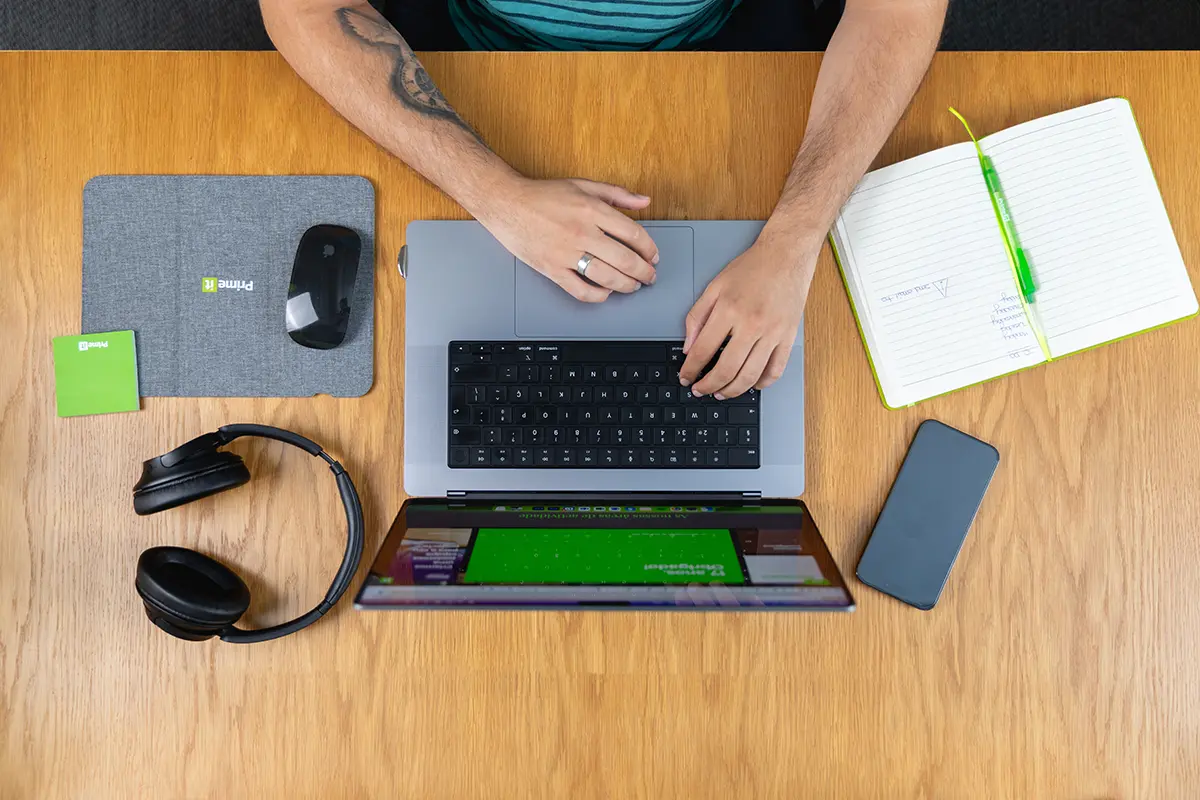Learn How to Code from Scratch

Learn How to Code from Scratch
October 20, 2024
The evolution of programming has escalated at lightning speed over the last decade, and its inherent complexity deters many who may want to understand the basic rules of how to get started. The most curious individuals often encounter a wealth of information (sometimes scattered), and it’s natural for them to feel unsure of where to begin. That problem will be solved now: with this article, you will receive a guide on the steps to learn how to code from scratch. Let’s get started!
What is Programming, Really?
Programming is the process of creating instructions and code that a computer can interpret, understand, and execute to produce a specific output. One of the interesting aspects of this activity is the diverse applicability of programming: in the creation of applications, websites, mobile apps, and much more. Essentially, it involves converting human language into readable code.
Learning to code is one of the most valuable skills in the modern world. As technology advances, programming becomes increasingly relevant in various fields, from software development to task automation and data analysis. If you’re starting from scratch, it may seem intimidating, but with the right resources and approaches, anyone can learn to code and develop incredible projects. Here are some practical tips for those looking to embark on this journey.
The Easiest Language to Learn
Choose Your First Language
One of the first steps for anyone wanting to learn to code is to choose a programming language to start with. Each language has its specifics, but some are more accessible for beginners. Python and JavaScript are widely recommended due to their simple syntax and versatility.
Python is an excellent choice for those who want to learn to code in a practical and intuitive manner. It is used in areas such as data science, artificial intelligence, and web development—the smooth learning curve makes it popular among beginners.
JavaScript is essential for anyone looking to work in website development. It allows you to add interactivity to web pages and is one of the most used programming languages in the world. Both languages have large and active communities, which means you will find many tutorials, forums, and examples ready to help you.
Where to Learn
Use Learning Platforms
There are several online platforms that offer programming courses for beginners, both paid and free. Among the most popular are:
Codecademy: Ideal for those who want an interactive approach, teaching you to code while you write directly in the browser.
Udemy: With thousands of courses on different languages and areas of programming, from basic to advanced levels.
Coursera: Offers courses from recognised institutions, such as universities, allowing you to learn from industry professionals.
These resources are excellent for those who enjoy learning at their own pace and need a structured guide.
Additionally, it’s important to engage in small personal projects. You don’t need to create something very complex at the beginning, but working on something that interests you will help maintain your motivation. You can start with simple projects, such as creating a personal web page or a small console application.
Practice Regularly!
Practise is essential to becoming a good programmer. Establishing a practice routine, even if it’s just for 30 minutes a day, can make a significant difference. You can use platforms like LeetCode, HackerRank, and Codewars to solve problems and challenges that will help you apply the concepts you are learning.
When you make mistakes, learn to correct them, as this is a natural part of the learning process. Over time, you will improve your ability to identify and solve problems.
Programming encompasses everything from simple website development using HTML and CSS to complex software engineering with languages like Python and Java. There are hundreds of programming languages, each with its own advantages. As a beginner, it’s best to start with easier, versatile languages before specialising.
Some of the main languages for beginners include:
HTML & CSS: The foundation of web development
JavaScript: Adds interactivity to websites
Python: A general-purpose language great for beginners
SQL: Retrieves and organises data from databases
The best part about learning the basics of programming is that most available resources are completely free. There are structured courses, tutorials, documentation, and online communities to support your learning journey.
Programming is a continuous journey of learning, and every step you take is an achievement. The most important thing is to develop a problem-solving mindset and never stop learning.
Was this article helpful to you? Follow our new content and stay updated on the latest technological features in our site!